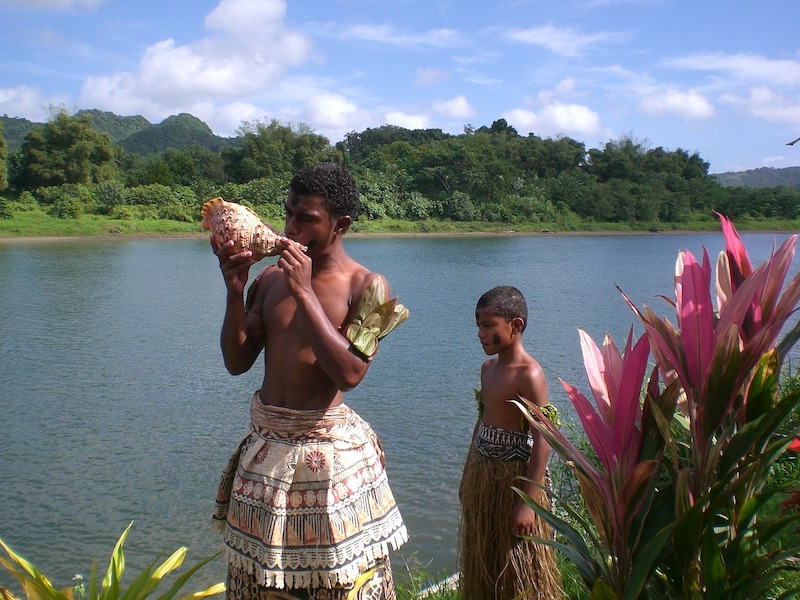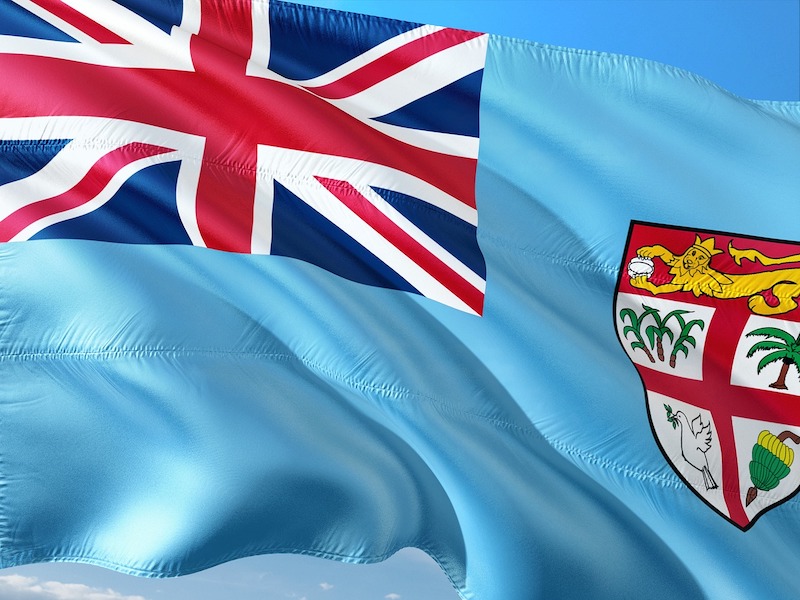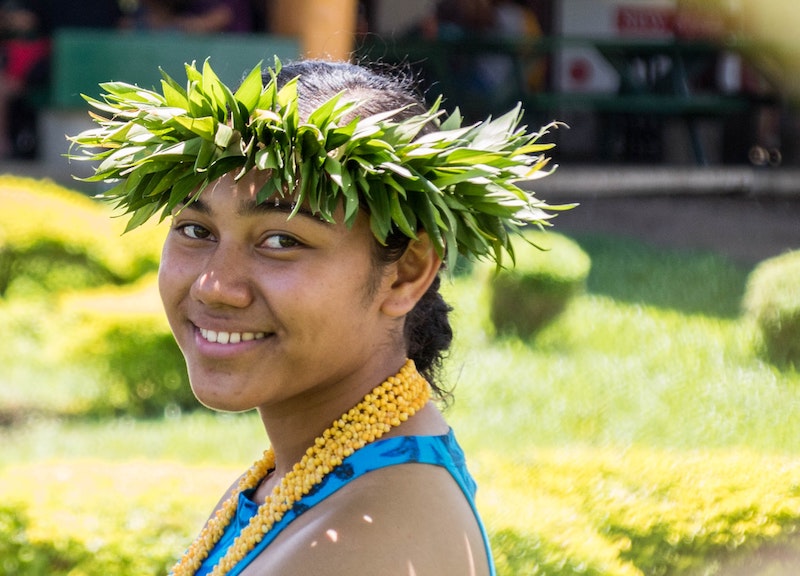With a history that stretches back 3,500 years, it’s no surprise that Fijians have created a distinct culture that uniquely blends Polynesian heritage and Indian influences with former British rule. As a result of her varied influences, the official languages in Fiji today are English, Fijian and Hindi, with English as a primary language.
Fijian History
In ancient times, Fijians thrived off the land – and each other. They practiced cannibalism and polygamy and there was extensive clan fighting. Fiji’s introduction to the rest of the world began in 1643, when the explorer Abel Tasman spotted Tavenui.
William Bligh and his H.M.S. Bounty crew sailed past nearly 150 years later, and their historic mutiny brought attention to the south seas. In 1835, the first missionaries arrived, and the ruling King Cakobau converted to Christianity almost 20 years later, ceding the country to Britain a few years after that.
The last known act of cannibalism – and only recording killing of a white man – was that of a missionary in 1867. The Rev. Thomas Baker had removed a comb from a chief’s head, unwittingly disrespecting him and challenging the chief to a fight. Castaway Island – an appropriate home for the mutineers?
In 1874, the country became a British colony and Indian slaves were brought in to work the new sugar cane fields, with indentured servitude finally ending in 1920. Fifty years later, in 1970, the country once again became independent. In 1987, a military coup led by Lt. Colonel Rabuka lead to an expulsion from the British Commonwealth – a ruling that was reversed a decade later.
A civil coup in 2000 led to a new government. A non-violent 2006 military coup subsequently reinstalled the president as a figurehead.
Fijian Culture
In local villages, traditional Fijian life revolves around family, hospitality and kava. It is not uncommon for multiple generations to live close together, or sometimes in the same bure. Villagers tend to be very close knit and living away from others on multiple acres of land is not often done
Cultural Terms to Know
Kava or Yaqona: More popularly known as kava, yaqona is the traditional relaxing drink of the Fijian people. It is a social and ceremonial lubricant and is drunk throughout the islands. Traditionally, the root of the plant is crushed in a wooden bowl, and mixed with water. The drink – resembling muddy water – is then served in a coconut shell. The recipient downs the contents with one gulp and claps before handing it back to the master of ceremonies, who fills it again and offers it to another participant. Drinking kava results in tingly numbness and lethargy and is a widely practiced form of relaxation.
Firewalking: This ceremony is often performed for tourists, but is native to the island of Beqa. It incorporates religious traditions and requires walkers to follow numerous rules before they’re allowed to proceed over the hot stones.
Meke: A meke is a celebratory dance performed by both men and women to welcome visitors. Mekes tell the stories of ancient gods and triumphs in battles. Women showcase fan dances while men perform spear or club dances.
Sevusevu: This ritual also relates to visitors and entails introductions of guests to a community. The newcomers offer kava root to the host, where it is graciously accepted and the friendship is sealed with a shared drink of kava.
Lovo: Similar to a luau pig roast in Hawaii, a lovo is a traditional feast cooked in the ground. Foods include sweet potatoes, yams, chicken, pork and other root vegetables and meats.
Rules to Follow When Visiting a Traditional Fijian Village
Fijian culture is traditionally very warm, giving and welcoming of strangers. However, when visiting a village, there are a few things to keep in mind.
Don’t wear a hat. This is considered insulting to the chief.
Don’t bring alcohol. It is often banned from many villages.
Don’t touch someone’s head or wear shoes into people’s houses, as it is disrespectful.
Don’t wear shorts. Women should avoid bare shoulders or exposed midriffs.
Don’t take advantage of hospitality or abuse kindness. Culture dictates that Fijians offer meals, their time or a place to stay…even if they cannot afford it.
Do offer your host a gift, food or money in exchange for a hosted meal or overnight stay.
Do dress modestly. A sulu makes for an excellent cover up.
Do speak calmly and quietly. Loud voices are interpreted as anger.
Do bring a gift of kava root to show your respect. A pound or half kilo is sufficient and costs approximately F$20.
Don’t lavish too much praise on an item or the Fijians will feel compelled to offer it as a gift.
Do enjoy yourself and the unique experience of Fijian hospitality!



